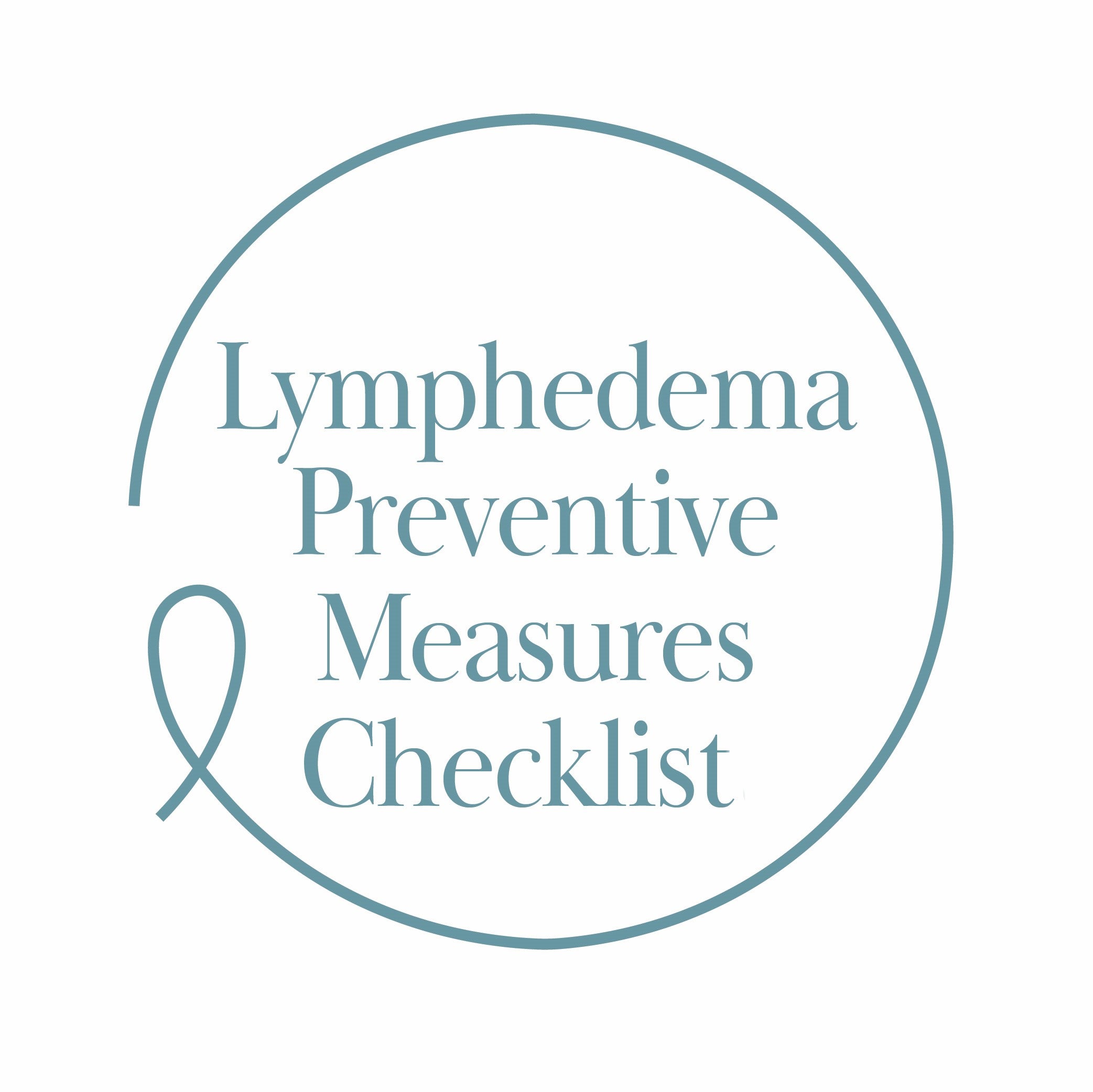- Being obese can increase your risk of developing lymphedema. Talk to your cancer care team about what is a healthy weight for you
- Keep skin and nails clean and cared for, to prevent infection
- Cut toenails and fingernails straight across to prevent ingrown nails and infections
- Use cream or lotion to keep the skin moist
- Watch out for small cuts such as paper cuts or breaks in the skin and carefully monitor them till they are healed. An antibacterial ointment can help
- Avoid needle sticks of any type into the arm with risk for lymphedema
- This includes talking to your nurse or cancer care team about shots or taking blood for tests in the affected arm
- Use a thimble for sewing
- Avoid testing bath or cooking water using the limb with lymphedema as there can be altered sensation in the affected limb resulting in burns
- Wear gloves when gardening and cooking
- Use sunscreen when outdoors
- Wear only loose jewelry and clothes without tight bands or elastic
- Do not carry handbags on the arm that has had lymph node removal in the axilla
- Do not use a blood pressure cuff on the arm where you have had lymph node removal
- Do not use elastic bandages or stockings with tight bands
- If you have lymphedema, keep the arm with lymphedema raised higher than the heart when possible

Tips to manage lymphedema effectively
Download here